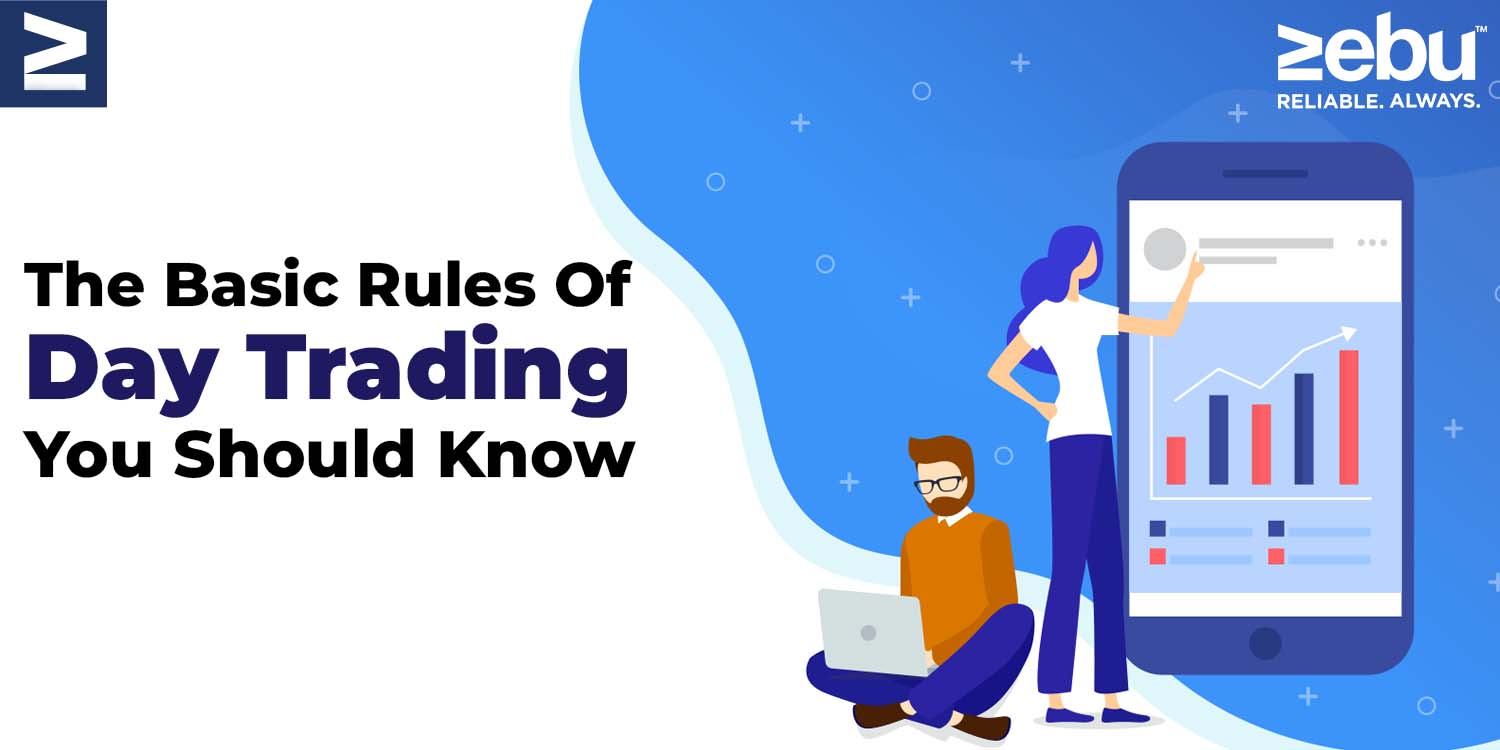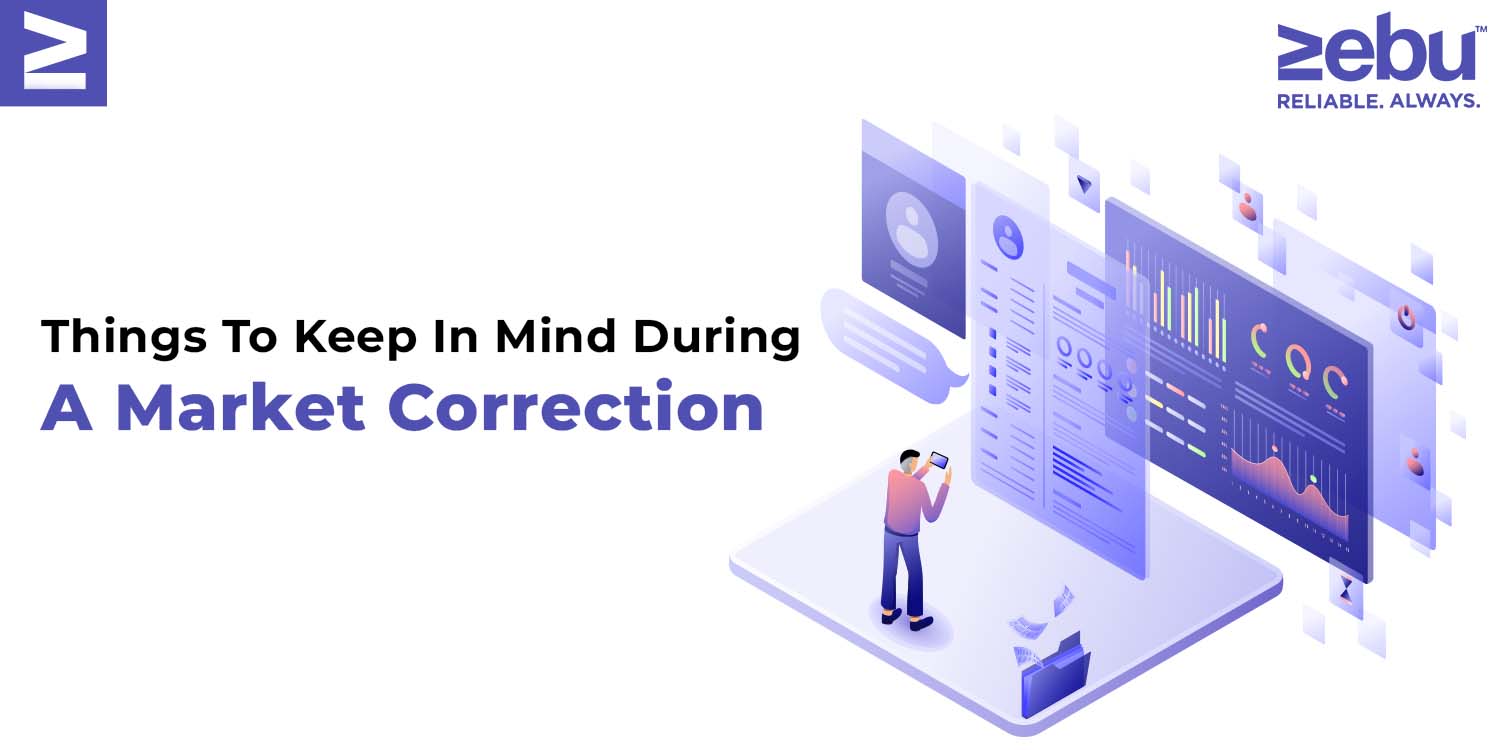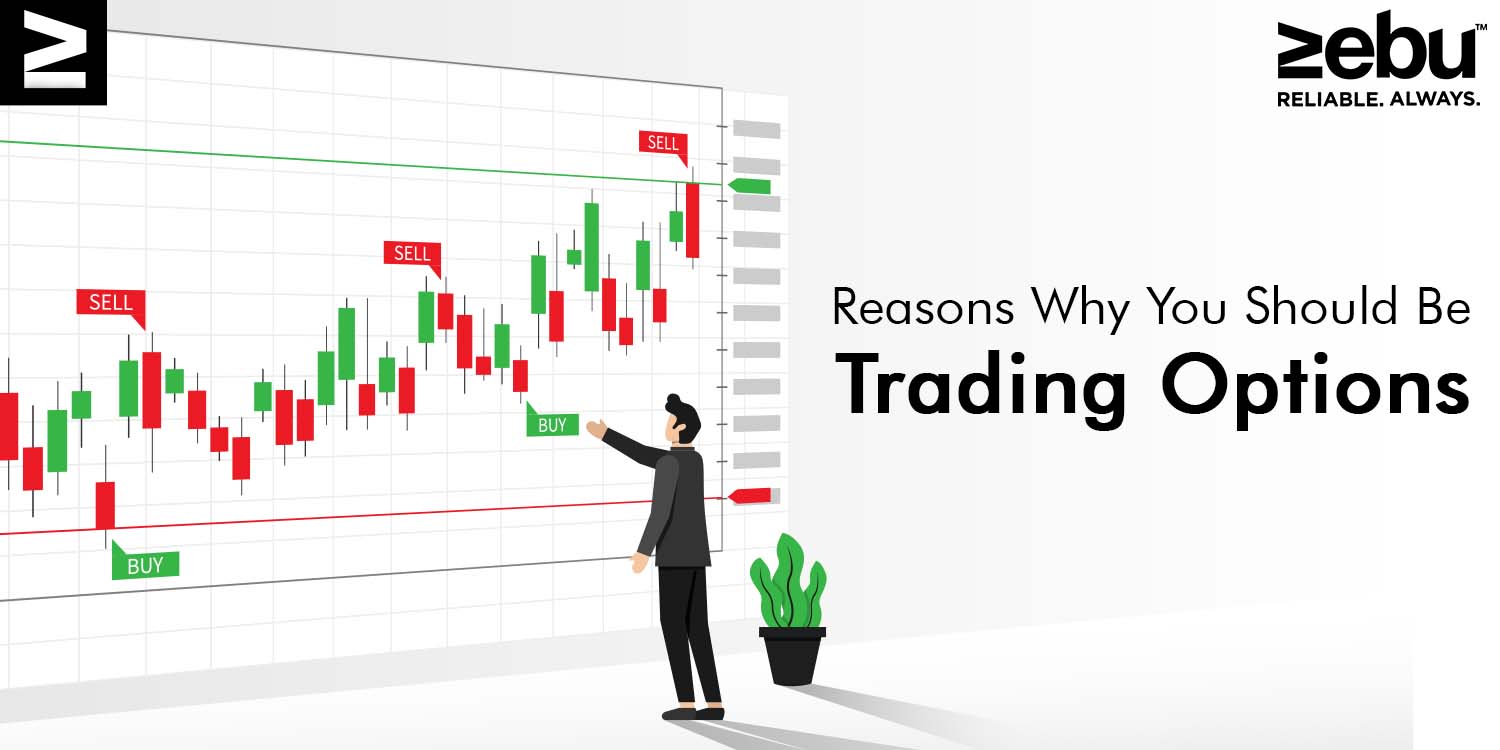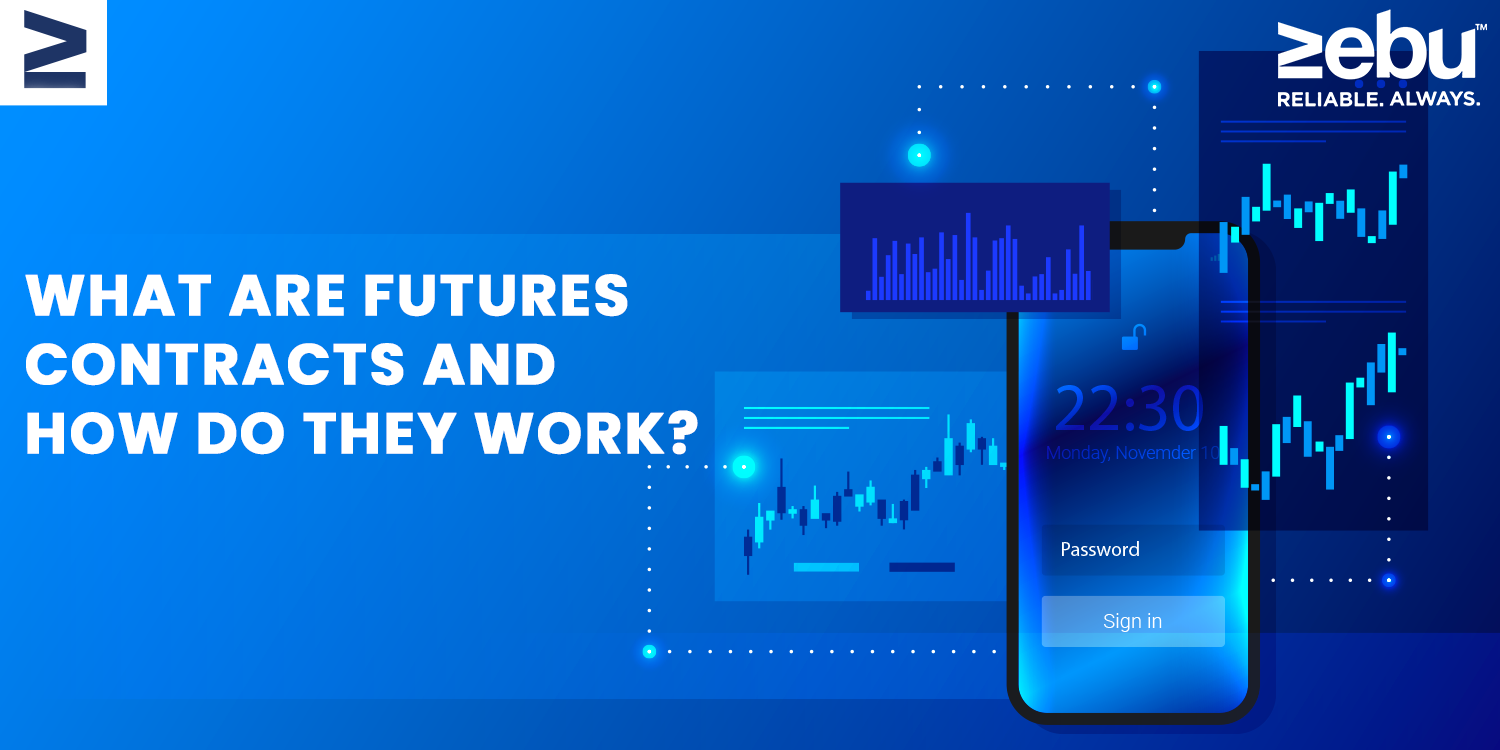
An algorithm is the core of every computer programme and how it works. With the rise of new technologies, the effectiveness of almost every sector is based on this piece of logical coding. Algorithms use user data, patterns from the past, and a set of instructions that have already been decided on to reach their goals. In the financial world, the need to lower transaction costs is driving more people to want to use algorithms in everything from customer service to trading stocks.
When you trade with algorithms you need to have a powerful technology to support you and we understand that. As one of the top brokers in share market, we offer the best trading accounts and the lowest brokerage for intraday trading.
Algo-trading is the technology that changes the most quickly. It has amazing and smart features that make trading faster and better for market participants. Financial institutions like banks, brokerage firms, and investment funds use complex algorithms to open and close positions at lightning speed. This setup lets these institutions take advantage of small differences in real-time market conditions, which is harder to do manually.
Algo-trading constantly watches markets and places orders when conditions match a set of parameters, such as volume, price, resistance, support, or any other factor that the trader or market participant is comfortable with. One of the benefits of algorithmic trading is that it can easily and quickly find a trend by using the data that is already available. If they can’t analyse a large amount of data quickly, it’s hard for market participants to act quickly. Market participants can also use more than one strategy at the same time and decide what the net result of the strategy will be.
Let’s look at an example to see what I mean: if a market participant has used 10 different strategies on one stock, the system will suggest other ways to trade that stock. If 7-8 of these 10 strategies give buy signals, the trader will buy the stock. Most of the strategies are giving buy signals, so it makes sense to think that the strategy will be good.
Algo trading uses technology and computers to make trade decisions, which can be hard for traders who don’t know much about the financial markets to do on their own. Trading automation is a great way to try out different strategies and automate boring tasks to get results faster. Also, the use of algorithms in financial services is likely to create growth opportunities in the near future that will be very profitable. There is no doubt that algorithmic trading will be used more often, especially now that platforms exist to make complex technologies easier for everyone to understand.
When trading with algorithms you need to have a powerful technology to support you and we understand that. As one of the top brokers in share market, we offer the best trading accounts and the lowest brokerage for intraday trading.








